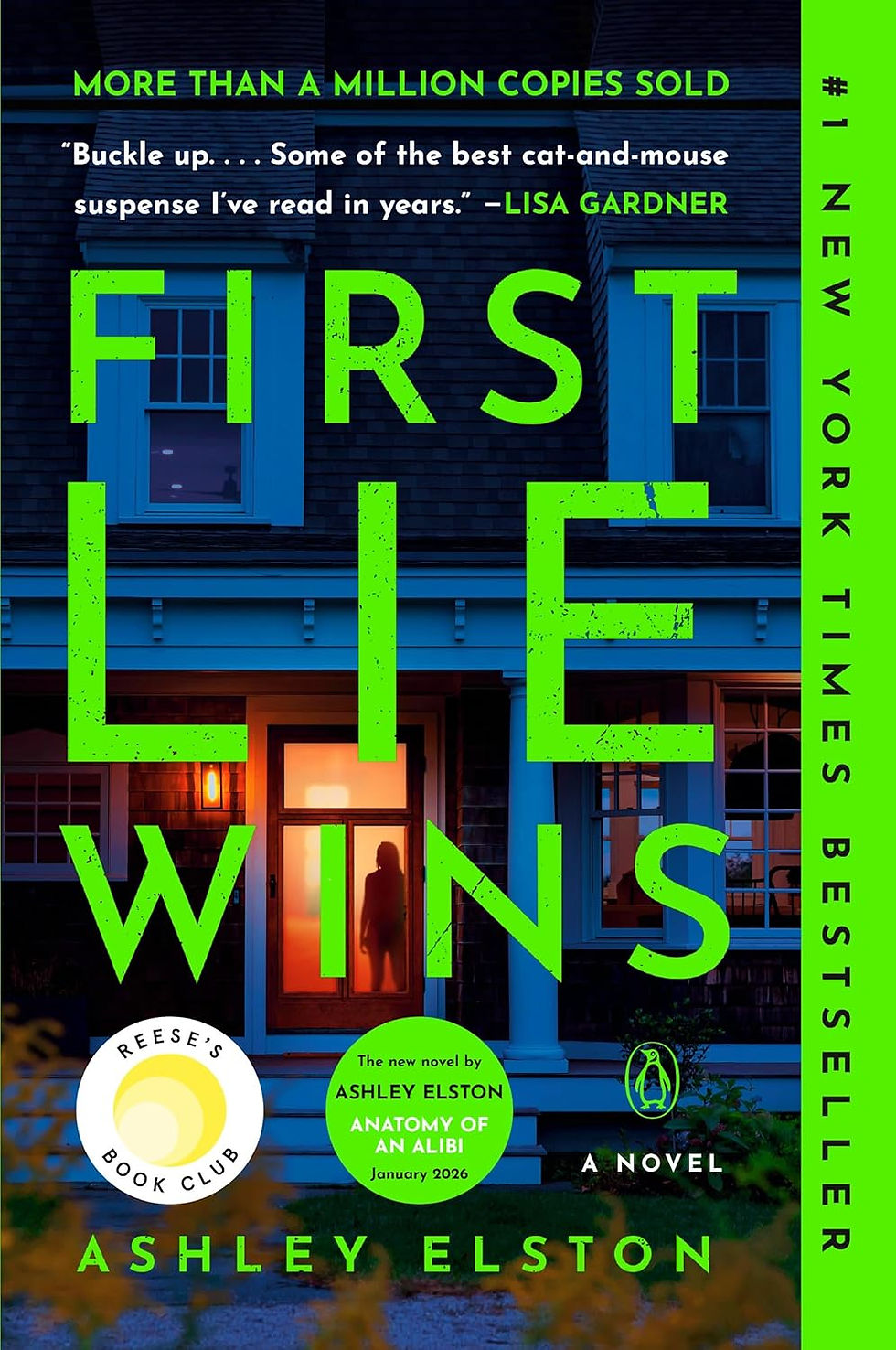Review of Red Notice by Bill Browder
- The Bossy Bookworm

- Sep 9, 2021
- 2 min read
Updated: Sep 16, 2021
Browder takes the reader deep into the intrigue and terror of the corrupt Russian political and business systems he uncovered. Despite some small moments that felt heavy-handed, this is a powerful, fast-paced, compelling nonfiction read.
The subtitle of Browder's nonfiction book is A True Story of High Finance, Murder, and One Man's Fight for Justice, and in Red Notice, Browder traces his path from Wall Street to the Soviet Union after its breakup--and the crimes, mysteries, and political machinations that he witnessed and helped uncover.
As Browder and his team began to make millions of dollars, they also exposed corruption in Russia, whereby they attracted the dangerous attention of Putin and those surrounding him. This put Browder's team's livelihoods and their lives in jeopardy.
Browder escaped Russia, and he became obsessed with bringing to justice those in the Putin regime who had bilked the country of billions, those who willfully, blatantly, and continually threatened and stole from their countrymen and -women, and, particularly, those who tortured and put to death his brave, trusted Russian associate and lawyer Sergei Magnitsky.
Browder's doggedly investigative, cannily media-focused, and sometimes desperate political actions drew even more ire from Putin and those in his ranks. Putin famously retaliated to Browder's attempts to punish those responsible for Sergei's death in shockingly large-scale fashion: Putin put into place measures that largely prevented Americans from adopting Russian children.
Browder's writing occasionally stopped me with clunky-feeling descriptions (for example, women's looks and outfits are often described in detail, and they or their dress is said to be "classy" or "beautiful"; and on multiple occasions Browder relates that his words brought various crowds to tears--and that they had never been brought to tears before in such a situation--or that something related to the case or his accounts inspired clapping--whereupon he describes the quality of the clapping). These instances weren't the meat of the story by any means, but they felt jarring to me.
Yet the story Browder shares is so compelling, so shocking, and so intriguing, I didn't mind skimming over some moments that felt heavy-handed. Browder does an excellent job of taking the reader step by step through financial discrepancies, loopholes, realizations, and how various scenarios and implications play out. He brought me along into the thick of situations of which I had little or no prior understanding in a way that assured that I never felt lost. He's specific without getting bogged down in the details, and the pacing of the book is appealingly quick and compelling.

Do you have any Bossy thoughts about this book?
If you like nonfiction books that read like fiction, you might try the books on the Greedy Reading List Six Compelling Nonfiction Books that Read Like Fiction or Six of the Best Nonfiction Books I've Read This Year.





Comments